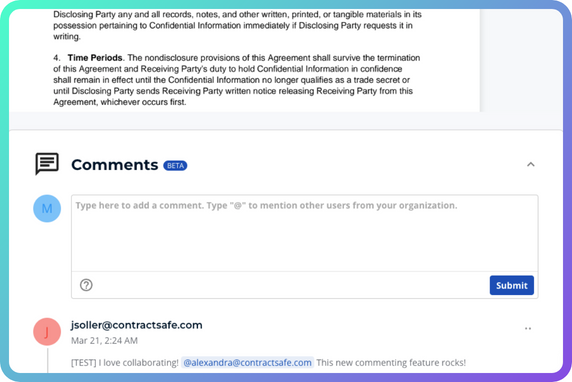What is a fixed price contract?
A fixed price contract contains an agreement between the parties on the final cost of the goods or services being provided, and the cost is not subject to adjustment. In contrast, with certain other forms of contracts, such as cost-plus and incentive-based contracts, the final price is calculated after making adjustments agreed upon by the parties and stated in the contract.
There are both advantages and disadvantages to the use of fixed-price contracts. Perhaps the greatest advantage is predictability. Both parties know exactly what will be paid and can plan and budget accordingly.
There can also be disadvantages to using a fixed-price contract, which varies depending on which side of the bargain a party sits. For example, consider the seller of a product, who buys raw materials from several states, then manufactures the product in a factory. Before negotiating a final price, the seller must calculate the cost of all the raw materials, labor costs, overhead, and shipping. The buyer wants a fixed-price contract so that if the price of the materials increases, the final price of the product will not go up. While this protects the buyer, it places more risk on the seller. To protect against this risk, the seller decides to price the product much higher than if a contract allowing for cost adjustments had been used. If the input prices do not increase, the buyer will have paid a premium.
Get Started with ContractSafe Today





